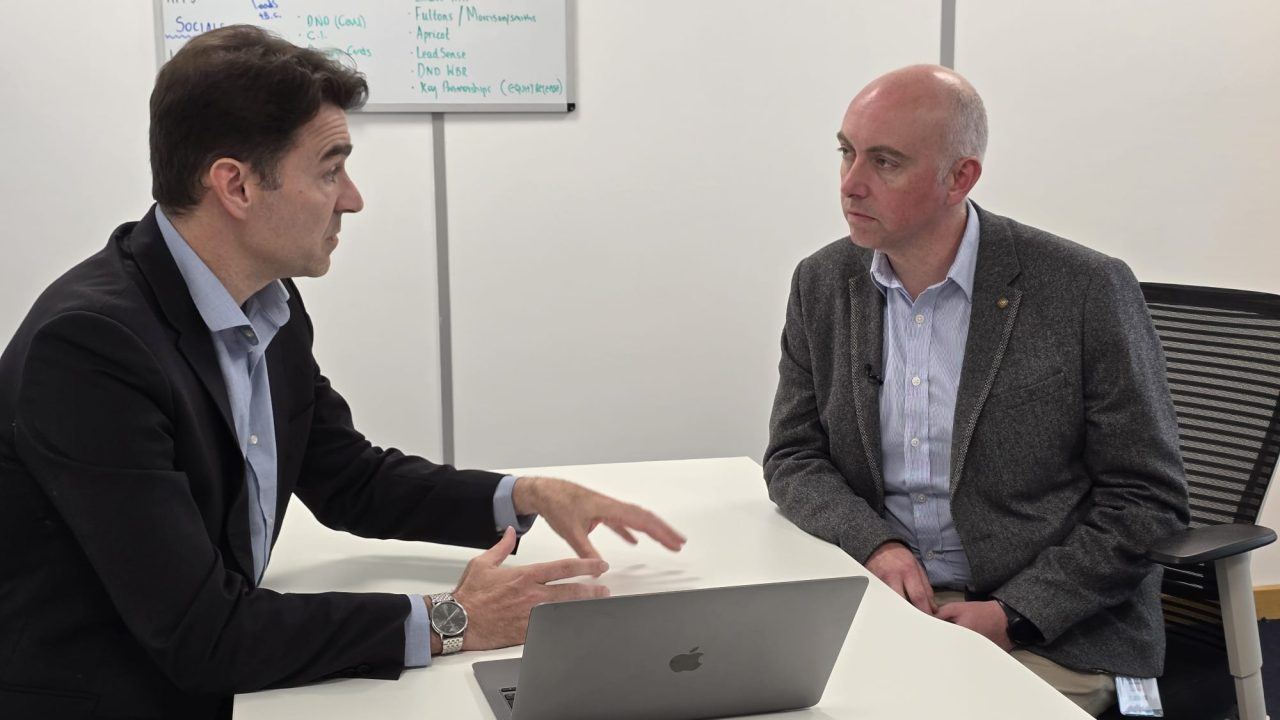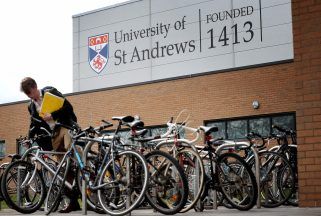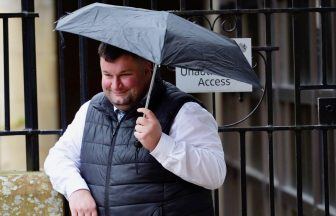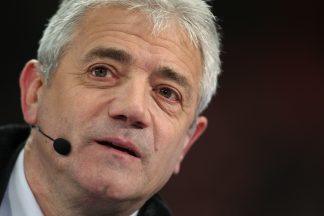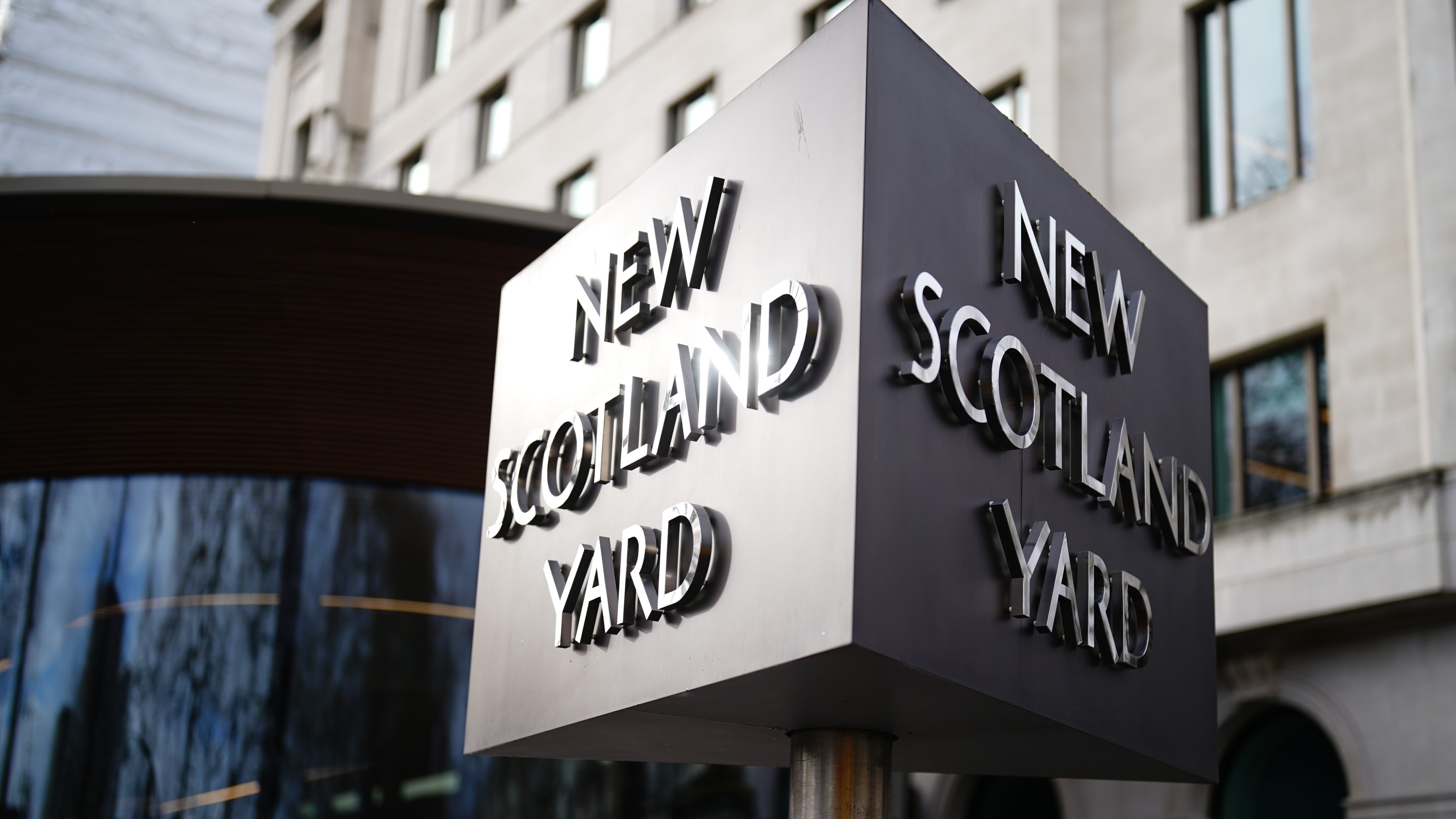Interest rates have been cut to their lowest level in more than two years despite rising food prices and fresh warnings over inflation.
The Bank of England on Thursday slashed interest rates to 4% from 4.25%, the lowest level since March 2023.
The decision came after a tense meeting of the Bank’s nine-member Monetary Policy Committee (MPC), which resulted in a historic second vote.
The initial vote was deadlocked: four members backed the cut, four opposed it, and one – Professor Alan Taylor – called for an even steeper cut to 3.75%.
A second round of voting, led by Governor Andrew Bailey, saw Taylor shift his support to the 4% figure, giving the narrowest of majorities.
But what does it all mean, and how does the rate cut affect you?
Who benefits from a rate cut?
The rates cut could be good news for homeowners on a variable or tracker mortgage.
Those on a standard variable rate (SVR) deal could see their monthly mortgage payments reduce by £13.87 on average, adding up to an annual saving of £166.44 – provided the lender passes on the base rate cut in full.
Borrowers often end up on an SVR when their initial deal ends and the rate is set by individual lenders but often follows movements in the base rate.
Homeowners on fixed-rate mortgages will see no immediate change, although thousands are due to remortgage in the months ahead.
Ashley Erskine, a mortgage and protection adviser, said: “Any reduction in the Bank of England base rate is going to have a really positive effect moving forward.
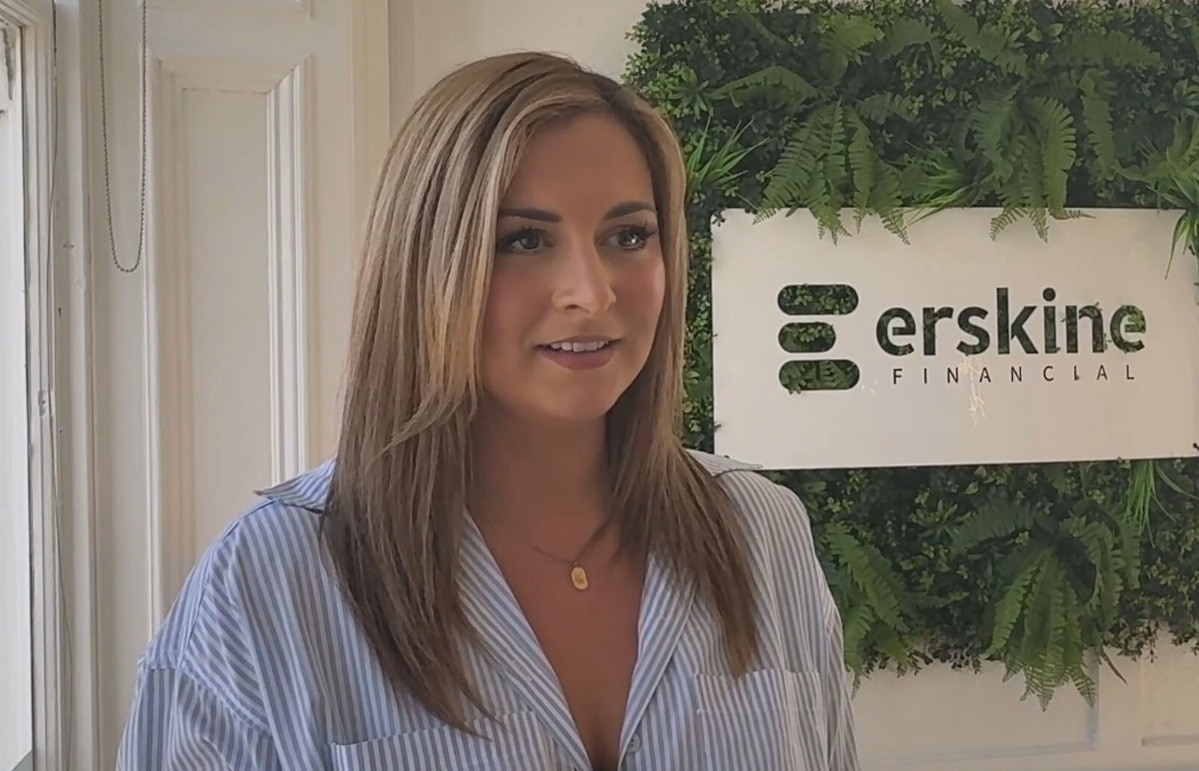 STV News
STV News“You might not see a benefit right this second. The people who will see a benefit are homeowners with a tracker rate mortgage that goes a percentage above the Bank of England base rate, as your next payments will be less.
“But if you are looking to get onto the ladder, or you are looking to move house, or remortgage between now and the end of the year then you are going to find the most positive part of 2025 in terms of where interest rates are.”
‘Things have changed a lot in the last few years’
Ed McKillop has been looking to renew his mortgage for the last 12 months.
Like many, the economic downturn of 2022 left him paying a high interest rate.
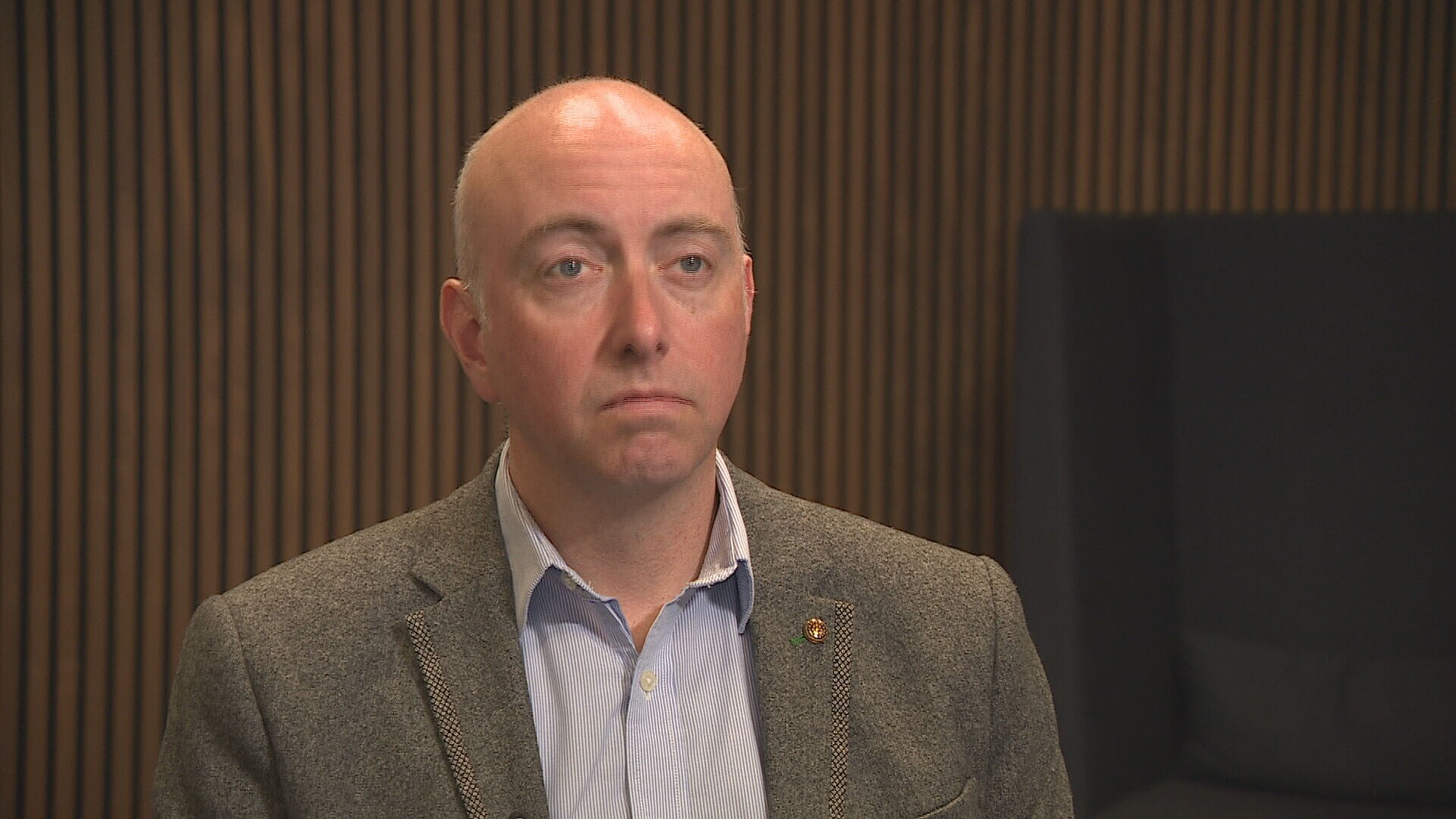 STV News
STV NewsBut he hopes the cut announced on Thursday will give him the chance to save some money.
“We’re coming to the end of our five-year fixed-rate mortgage and obviously when we had that mortgage it was just around the Covid times,” he told STV News.
“Mortgage rates were really good and really generous for us, but things have changed a lot in the last few years.
“We’ve realised there’s going to be a big jump in how much we’re potentially going to have to pay for our mortgage.
“When you’re looking at spending £300, £400, £500 a month more to pay for a mortgage that can be quite scary, so it’s trying to find the right advice and looking for people who can find the best products.
“I think a lot of people are counting down the days, saying ‘what’s going to happen?'”
Who will be disappointed by a rate cut?
It’s not good news for savers as a rate cut means a smaller return on your money in the bank.
The average return on savings is predicted to fall and people will need to shop around to find the best deals.
Tynah Matembe, founder and chief executive officer of MoneyMatix, told STV News: “For borrowers, it’s good news for sure as it means typically cheaper loans and mortgages.
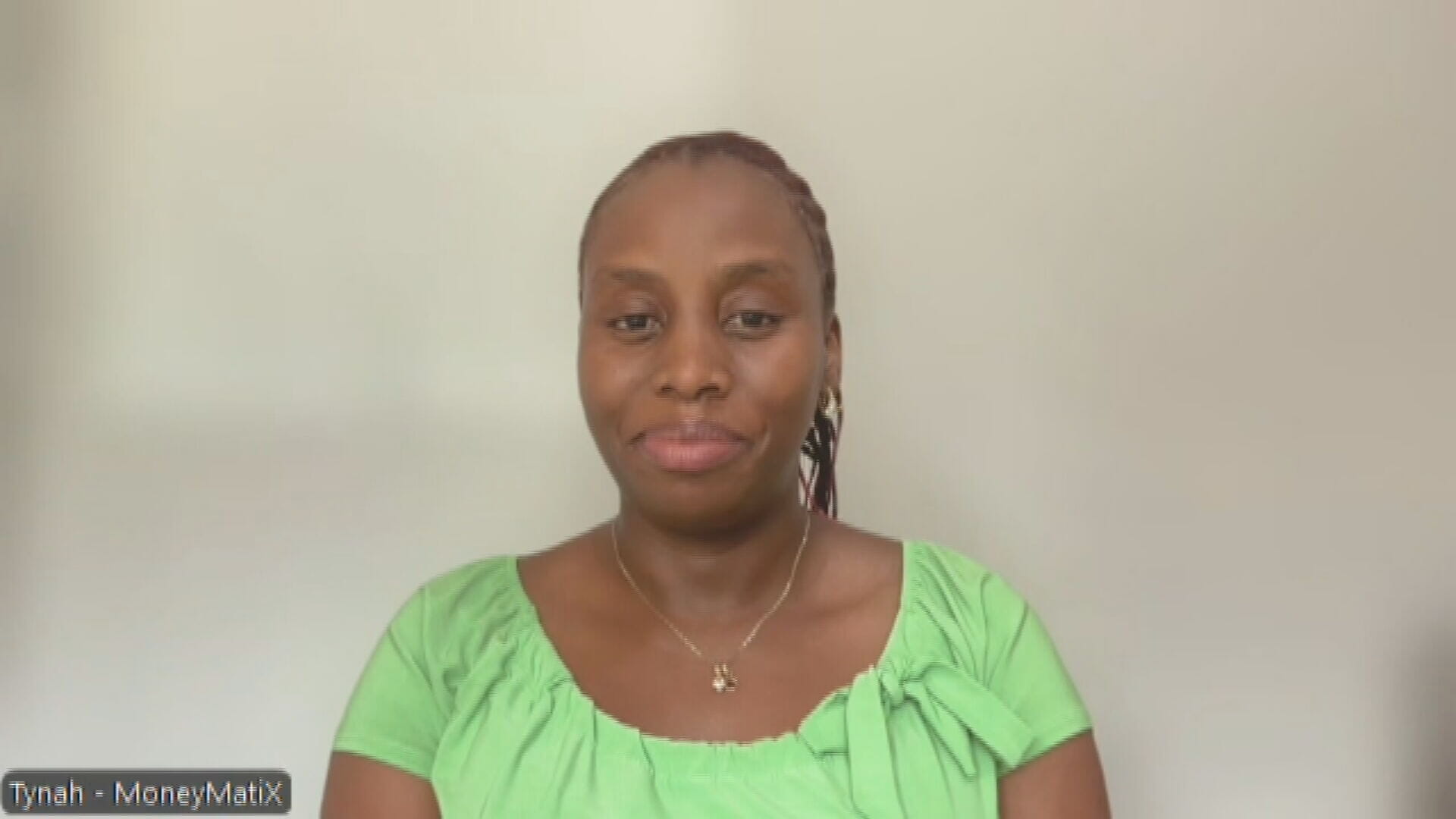 STV News
STV News“But for the UK’s millions of savers, it’s a real blow. The immediate implication is that the high street banks will quickly reduce interest rates on their easy access and variable rates, which is a juxtaposition for sure for savers.
“My top tip would be to become a rate detective. You can’t just sit on your money and hope for the best, you need to actively check the rates that you’re on right now and keep shopping around.
“Savers may soon be earning less than inflation, so that means you can actually lose spending power. You really need to be switching fast to fixed-rate savings or higher yield ISAs, lock in rates if you can, and it’s never been more important for you to have financial education.”
What is the Chancellor saying?
Chancellor Rachel Reeves has welcomed lower interest rates, and the move is likely to reduce the UK Government debt payment costs.
It comes after warnings from the NIESR think tank that the chancellor may need to find a further £40bn through tax rises or spending cuts in her autumn Budget in order to balance the state finances.
Firms were already hit by significant tax and wage cost increases in April after Reeves’ first Budget.
The Chancellor said: “Interest rates have now come down five times since Labour came into office, in part because of the stability that we’ve managed to return to the economy after the chopping and changing, the mini-budget under the Conservatives and Liz Truss.
“What that means, that fifth cut in interest rates, is that if you’re taking out a mortgage for £215,000, you’re going to be paying on a variable rate around £140 less a month than when we came to office just over a year ago.
“So, this is good news for people wanting to get on the housing ladder, people remortgaging and also businesses borrowing to grow.”
What is the outlook for the future?
The Bank of England revised its growth forecast upwards, now predicting the UK economy will grow by 1.25% in 2025, up from 1%. This is despite recent figures from the Office for National Statistics showing the economy shrank in both April and May.
Officials remain optimistic, suggesting the economy likely grew by 0.1% in the second quarter and forecasting further momentum in the latter half of the year, boosted by the lower cost of borrowing.
But inflation remains a looming threat. The Bank now expects consumer price index (CPI) inflation to peak at 4% in September – higher than the previous forecast of 3.5%. Rising food and energy prices, including notable spikes in beef, chocolate and coffee, are driving the surge.
 iStock
iStockThe September inflation reading could have further implications for millions, as it typically influences benefit uprating and forms part of the “triple lock” mechanism that determines pension increases.
Despite the recent rate cut, the Bank has warned that inflation is likely to remain elevated for the next two years, only falling back to the UK Government’s 2% target by 2027.
The Bank also said it now has a clearer picture of the economic impact of US tariffs under President Donald Trump, following the UK’s recent trade agreement with Washington. It now estimates the tariffs will reduce UK growth by 0.2 percentage points, slightly less than the 0.3 points predicted in May.
While the decision to cut rates may bring relief to some households and businesses, the path ahead remains uncertain, with inflation, tax pressures, and international trade tensions continuing to shape the UK’s fragile economic recovery.
Follow STV News on WhatsApp
Scan the QR code on your mobile device for all the latest news from around the country


